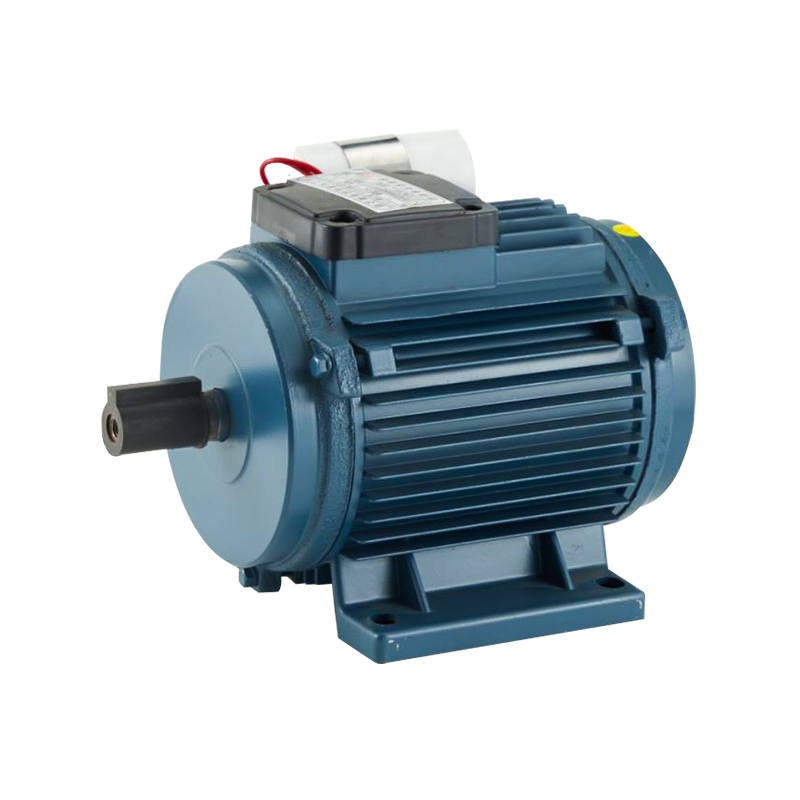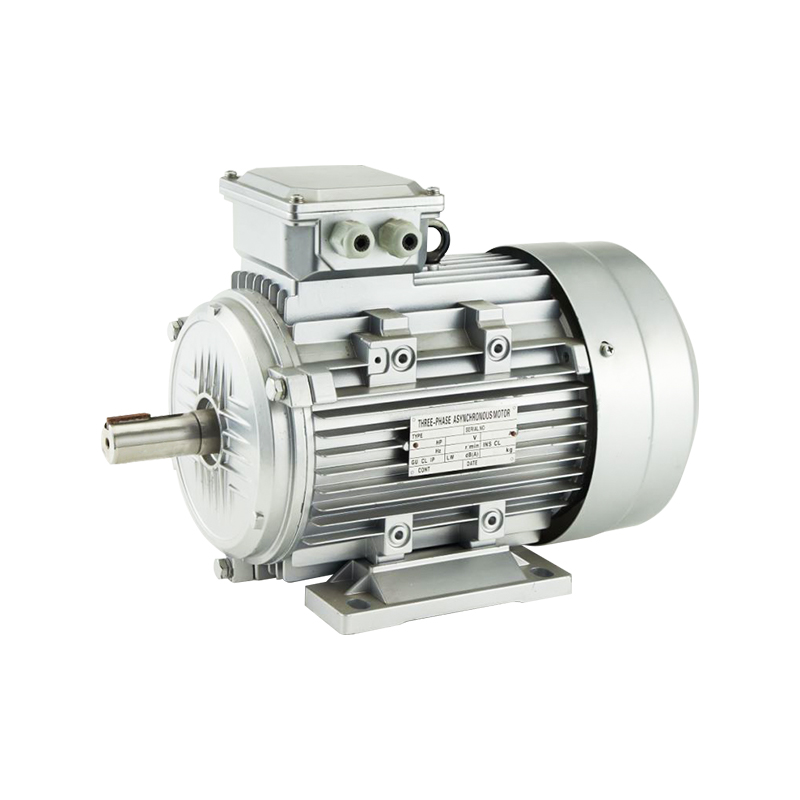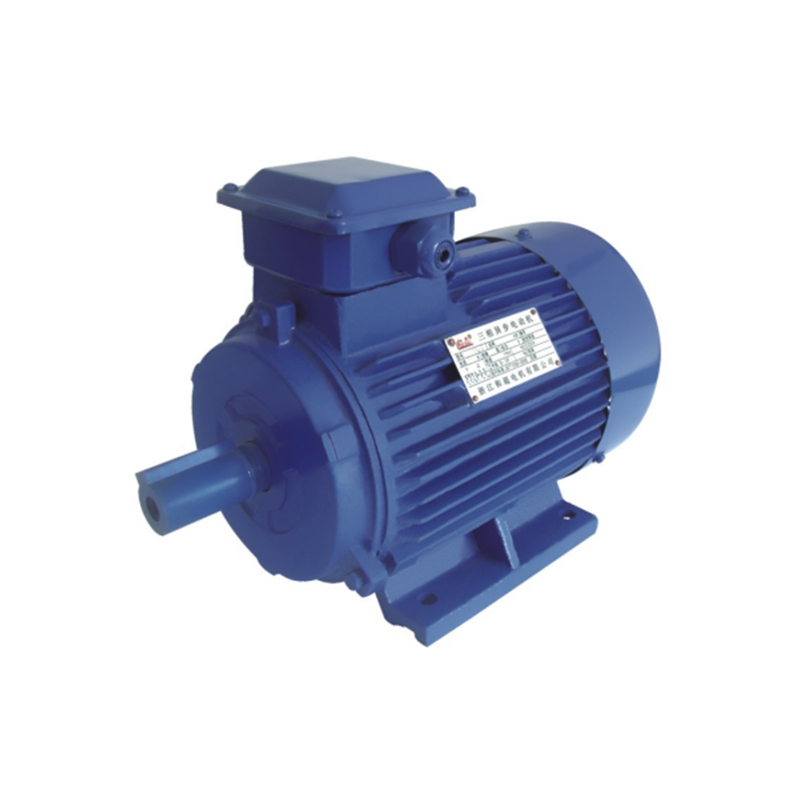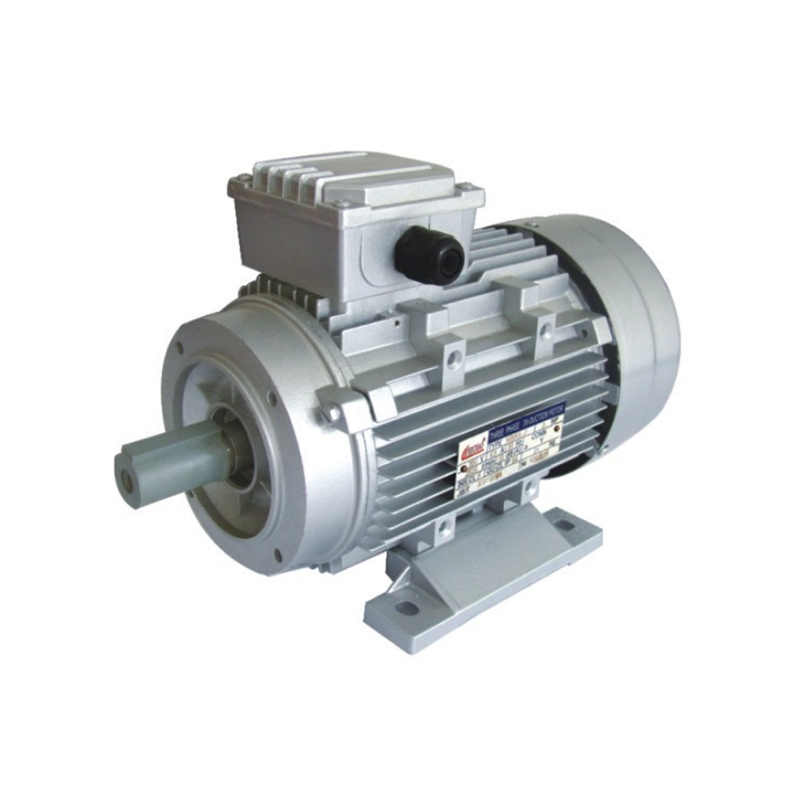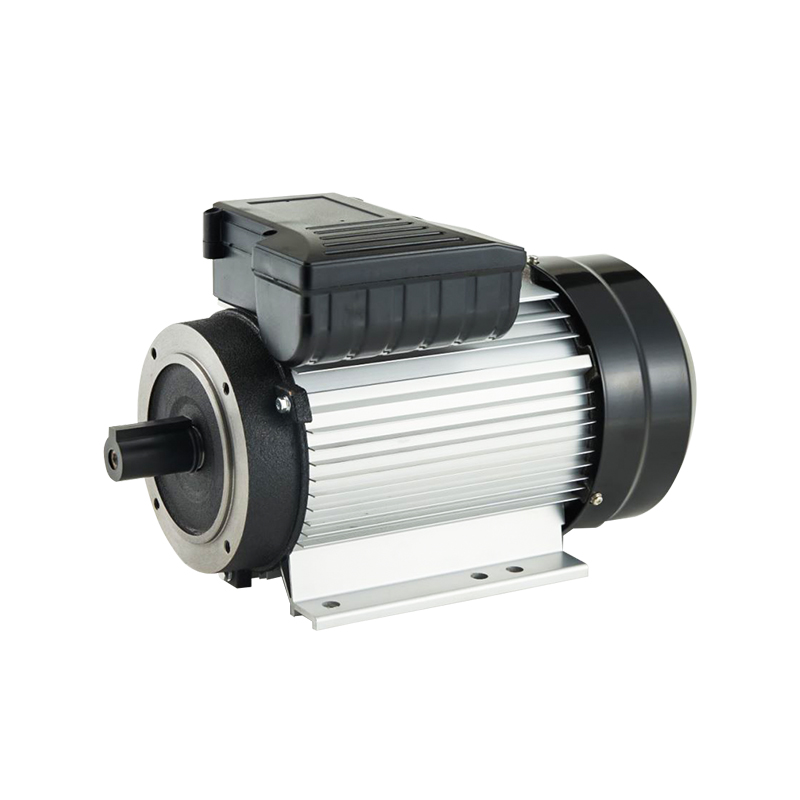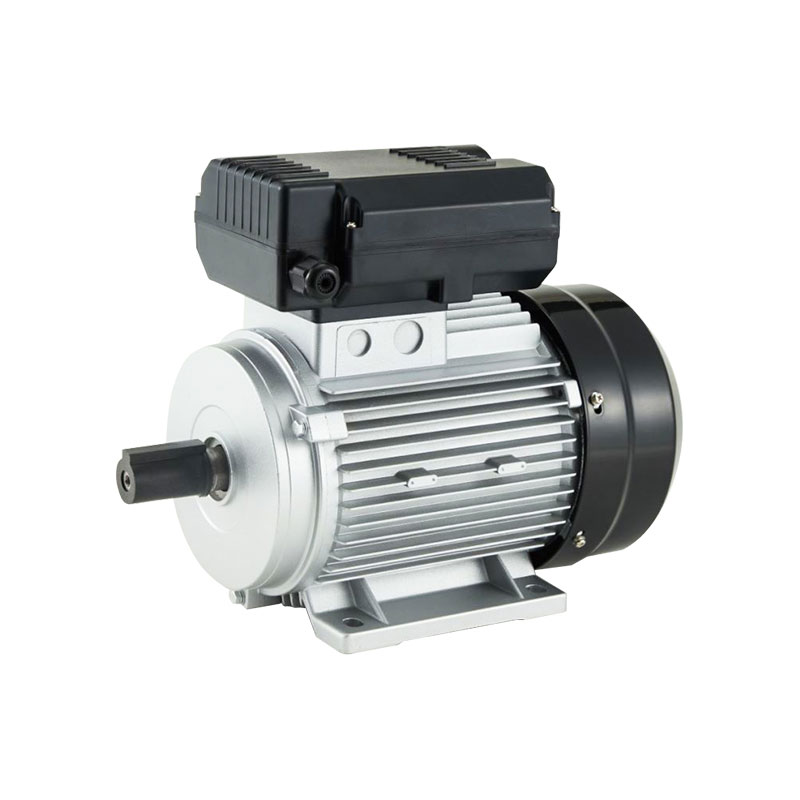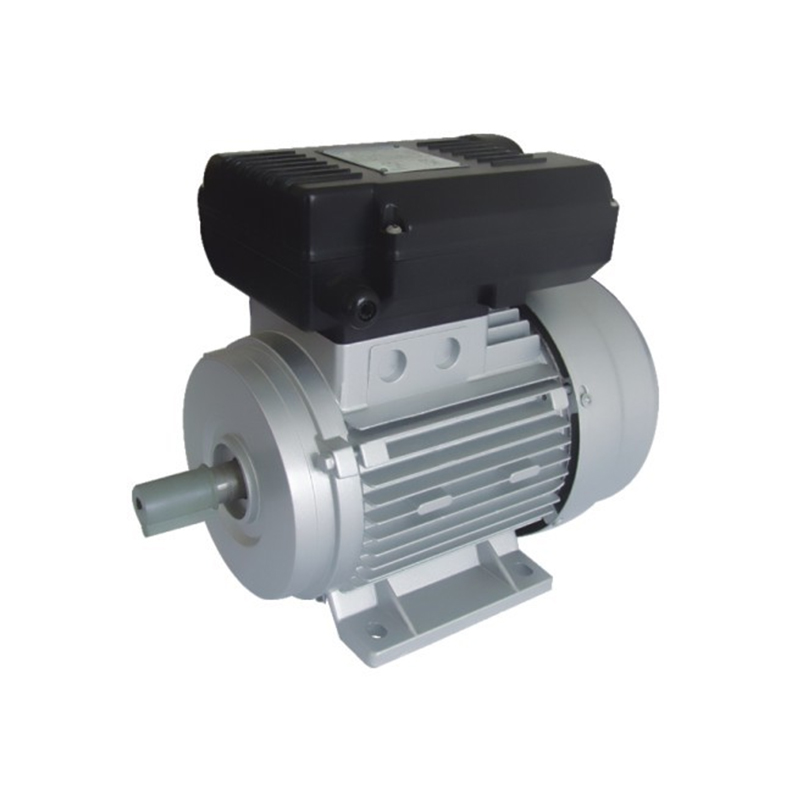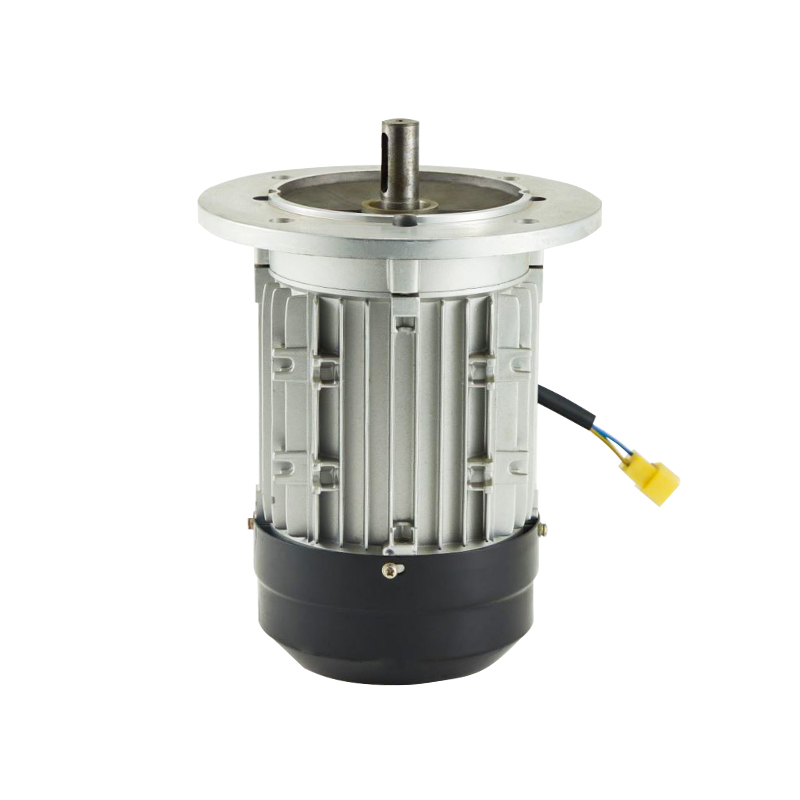In the realm of electrical motors, efficiency stands as a pivotal factor influencing overall performance. This principle is particularly significant in the context of permanent synchronous magnet motors and one phase AC motors, both of which exhibit unique characteristics and applications. Understanding how efficiency impacts these motors' performance can shed light on their operational advantages and potential areas for improvement.
Understanding Motor Efficiency
Motor efficiency is defined as the ratio of mechanical output power to the electrical input power. In simpler terms, it measures how effectively a motor converts electrical energy into mechanical energy. This metric is crucial because higher efficiency means more of the input power is used for work rather than being lost as heat.
Permanent Synchronous Magnet Motors
Permanent synchronous magnet motors (PSMs) utilize permanent magnets to create a constant magnetic field. This type of motor is known for its high efficiency and precise control. The use of permanent magnets eliminates the need for a separate excitation system, reducing energy losses associated with magnetizing coils.
The efficiency of PSMs is often higher than that of other motor types due to reduced energy loss in the rotor and stator. This is because PSMs do not require additional power for field excitation, which decreases the overall power consumption. Consequently, the high efficiency of PSMs translates into better performance, including higher torque and smoother operation. The precise control offered by PSMs also enhances their suitability for applications requiring constant speed and high reliability, such as in robotics and high-precision machinery.
one phase AC motors
one phase AC motors are widely used in residential and light commercial applications. They operate on single-phase alternating current, making them simpler and more cost-effective compared to three-phase motors. However, their efficiency is generally lower due to factors such as the need for a starting mechanism and inherent energy losses in the motor windings.
one phase AC motors often incorporate mechanisms like start windings or capacitors to improve starting performance and torque. While these additions enhance performance to some extent, they can also contribute to energy losses. For instance, the starting windings may introduce additional resistance, reducing overall efficiency. Additionally, single-phase motors are typically less efficient at varying loads compared to their three-phase counterparts.
Efficiency and Overall Performance
The relationship between motor efficiency and overall performance is straightforward: higher efficiency generally advances to better performance. In permanent synchronous magnet motors, high efficiency means reduced energy consumption, lower heat generation, and longer operational life. These factors contribute to enhanced reliability and lower operating costs. For example, in applications where continuous operation is required, such as in HVAC systems or industrial pumps, the efficiency of PSMs ensures small energy waste and stable performance.
In contrast, one phase AC motors, with their relatively lower efficiency, might experience higher energy consumption and operational costs over time. The lower efficiency also impacts their performance in terms of torque and speed control. While these motors are suitable for applications with lower power requirements, their efficiency limitations can be a drawback in scenarios demanding high performance and energy savings.
Improving Motor Efficiency
Improving motor efficiency involves various strategies, such as optimizing design, using high-quality materials, and incorporating advanced technologies. For permanent synchronous magnet motors, advancements in magnet materials and winding techniques can further enhance efficiency. In one phase AC motors, adopting energy-efficient designs and regular maintenance practices can help mitigate efficiency losses.
Regular maintenance is also crucial for both types of motors. For PSMs, ensuring that the magnetic components remain in good condition can help maintain high efficiency. For one phase AC motors, tasks such as cleaning and inspecting the windings and bearings can prevent performance degradation and energy loss.
Motor efficiency is a key determinant of overall performance in both permanent synchronous magnet motors and one phase AC motors. While PSMs benefit from high efficiency due to their design and the use of permanent magnets, one phase AC motors may experience efficiency challenges that impact their performance. Understanding and improving motor efficiency not only enhances operational effectiveness but also contributes to cost savings and extended equipment lifespan. As technology advances, ongoing improvements in motor design and materials will continue to play a crucial role in optimizing performance and efficiency across various motor applications.

